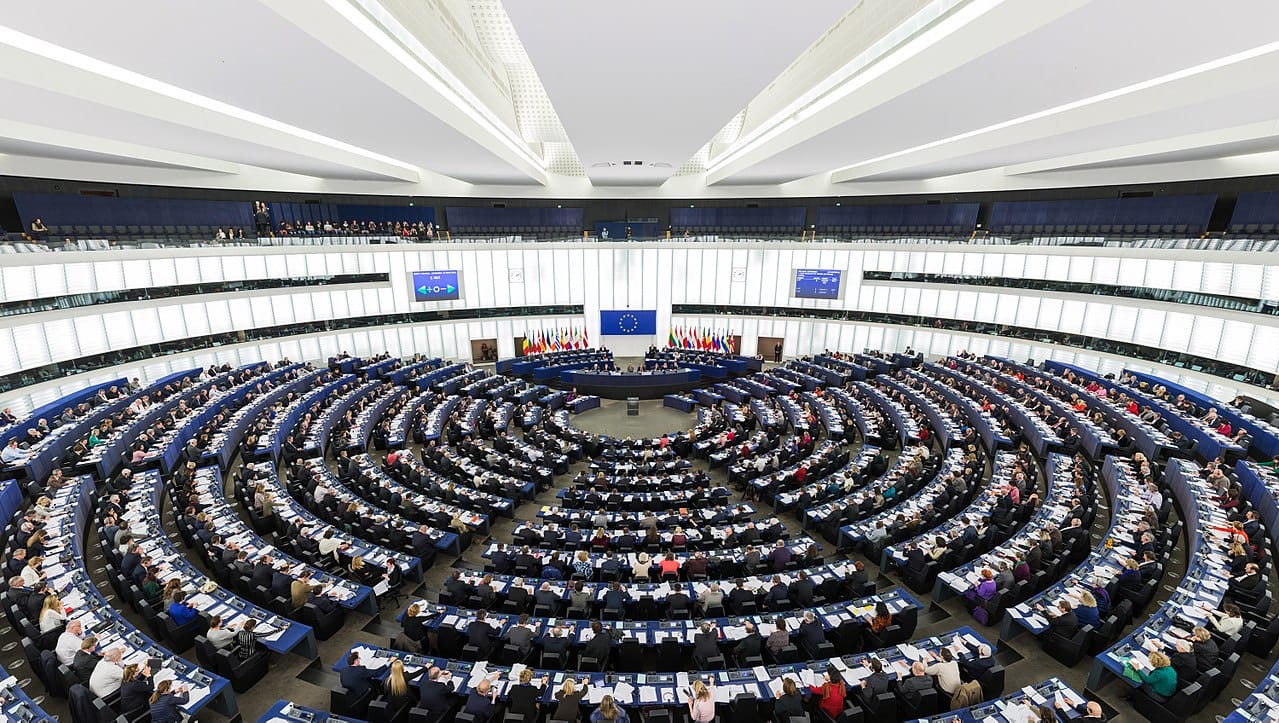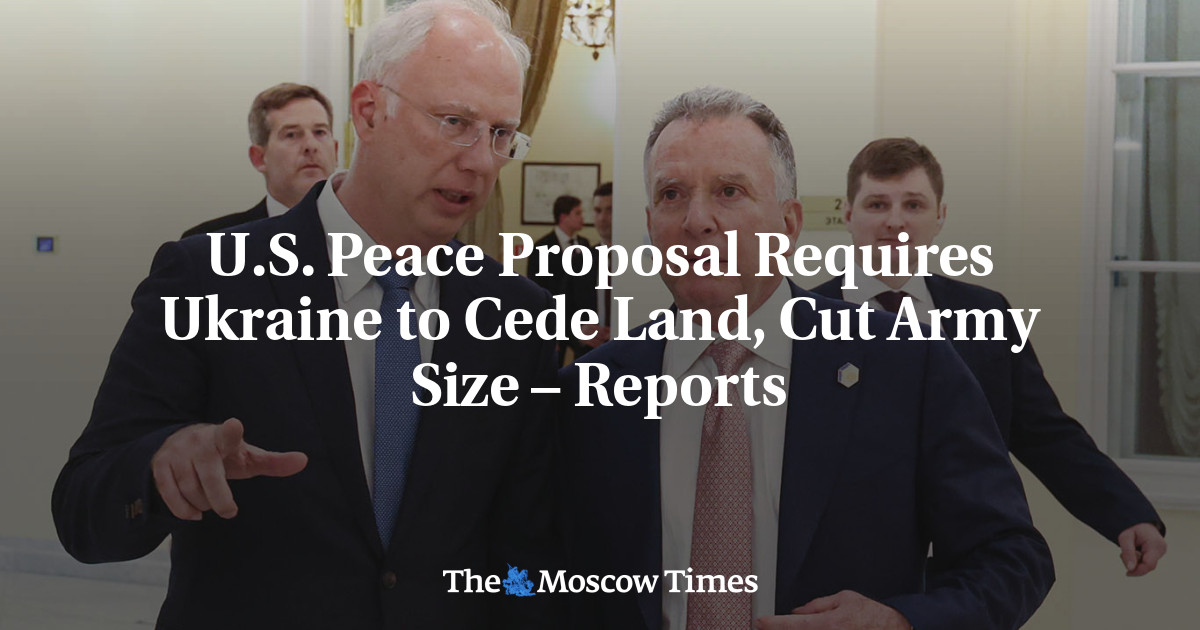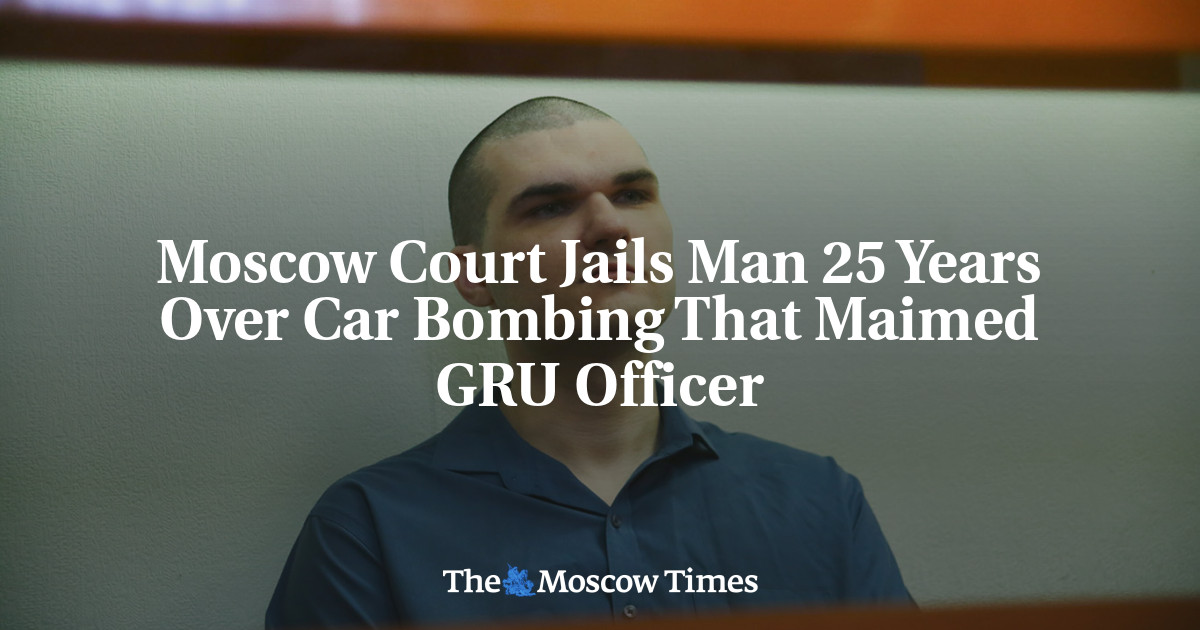
Europe and the US are still moving in different directions over sanctions. This week Britain greatly expanded its sanctions list to include major Russian oil companies. But the practical effect may be limited unless other countries join in. Meanwhile, after speaking with Putin over the phone, President Donald Trump said that tightening sanctions right now would be ill-advised.
- Britain on Wednesday expanded its Russia sanctions, hitting the Mir national payment system along with several manufacturers and distributors of microelectronics from China, Singapore and Turkey. In addition, sanctions were imposed against the so-called shadow fleet and several small banks. But the biggest development was the imposition of measures on Rosneft and Lukoil. While Rosneft was previously on the EU sanctions list, Lukoil had not previously featured on either a European or American blacklist. The EU is currently discussing its own sanctions against Lukoil.
- However, Lukoil’s most significant overseas projects will not be affected. London permitted the company’s operations with the Caspian Pipeline Consortium, with Tengizchevroil at the Karachaganak field in Kazakhstan and the Shah Deniz field in the Caspian, with the South Caucasus pipeline and its partnership with the Azerbaijan Gas Supply Company. Rosneft has fewer exemptions. Following the EU’s July decision, Britain imposed sanctions on India’s Nayara Energy, in which the Russian company holds an almost 50% stake.
- By themselves, the new British sanctions don’t change very much. According to traders, Russia's oil giants are unlikely to have direct operations with Britain, or use its banks and insurers. Sanctions against Rosneft’s Indian company merely add to the European ban. The restrictions on Lukoil would only be a serious problem if the EU joins, which is uncertain.
- The main thing now is that Trump, who recently promised sanctions against buyers of Russian oil, once again changed his mind after talking with Putin. Speaking to journalists Thursday after what he called a “very productive” call with the Russian leader, Trump said that Washington would not impose new sanctions on Moscow now. “I’m not opposed to anything. I’m just saying that maybe this isn’t the best time,” though he stressed further sanctions “remain a possibility” and “could happen in a week or two.”
Why the world should care
Sanctions are inherently unpredictable and have become even more so under Trump. He continues to threaten new measures, but so far he has not introduced any serious sanctions on Moscow since his return to the White House. Europe and Britain meanwhile continue to ramp up pressure, but as long as the US remains on the sidelines, the threat to the Russian economy is limited. For now, this means one of the crucial underlying assumptions of Russia’s financial planning—no new major economic restrictions—is still holding.



